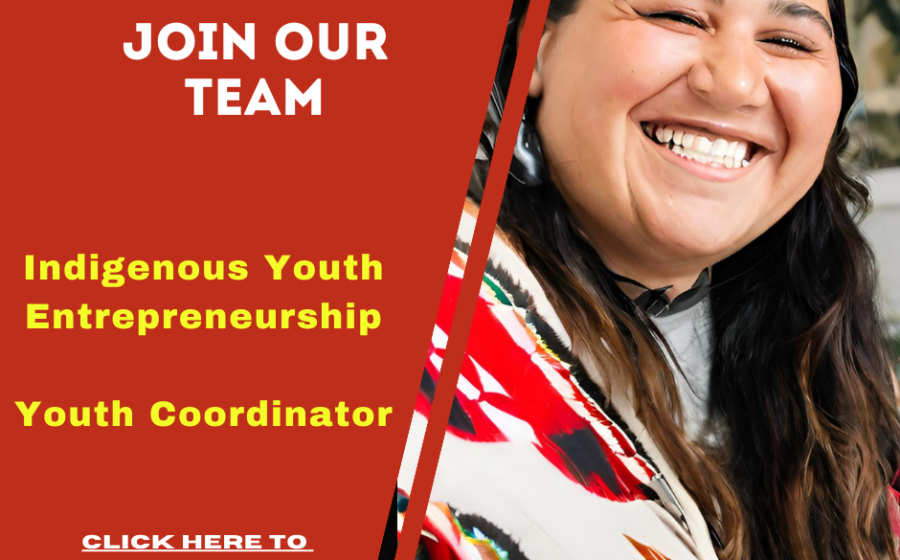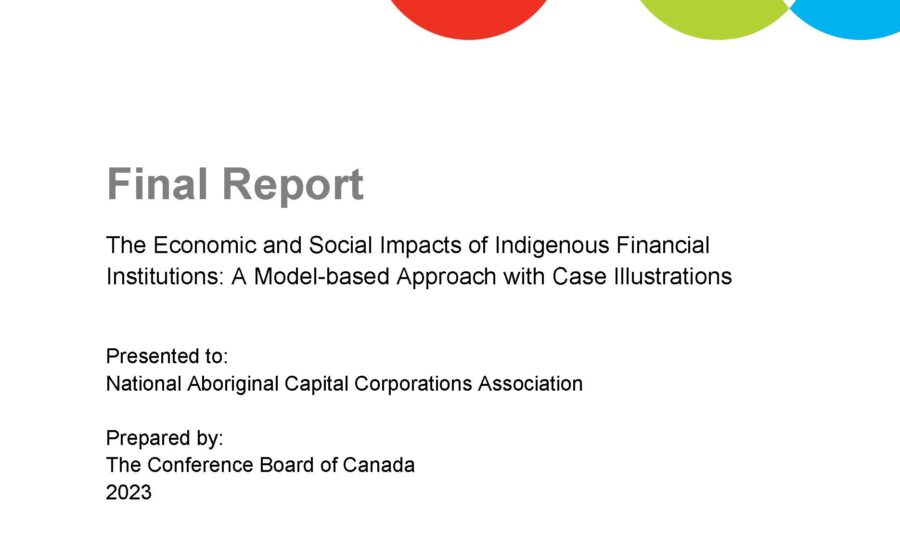Government of Canada announces launch of SITES with $10 Million dollar investment to support Indigenous Tourism through NACCA
New funding will support large-scale “signature” Indigenous tourism projects
“NACCA is pleased to oversee the implementation of the Signature Indigenous Tourism Experiences Stream (SITES) programming, aimed at enhancing tourism offerings within First Nations, Métis and Inuit communities. Our ISO 9001 certification underscores our commitment to quality and reinforces our reputation as a trusted partner of the Government of Canada. With a rich history and extensive experience in Indigenous lending and business support across all sectors of the economy, NACCA and the network of Indigenous financial institutions are well equipped to assist Indigenous businesses. NACCA takes great pride in helping Indigenous businesses feature vibrant cultures while bolstering local economies through tourism.” – Shannin Metatawabin, CEO, National Aboriginal Capital Corporations Association
Read the full Press Release:
EN : Government of Canada launches major new initiative to support Indigenous tourism – Canada.ca
Photo Credit – Fred Cattroll

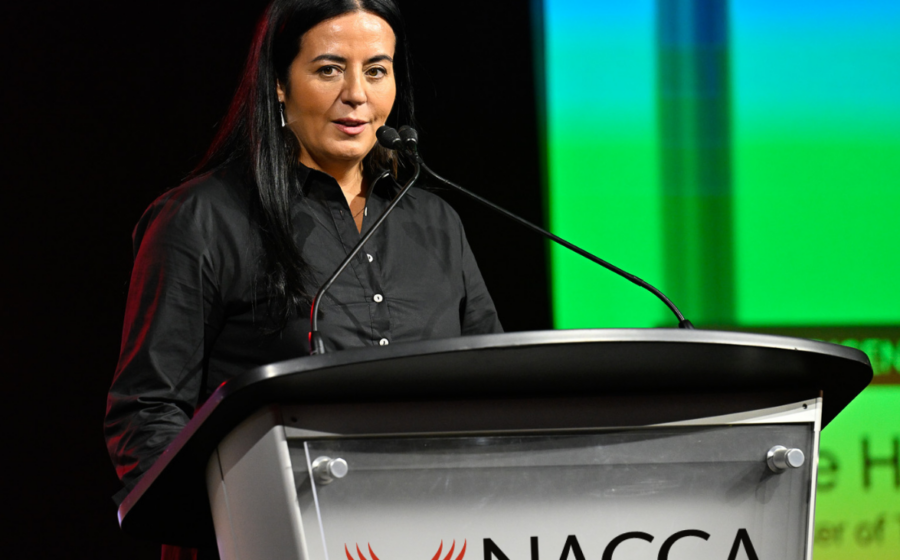
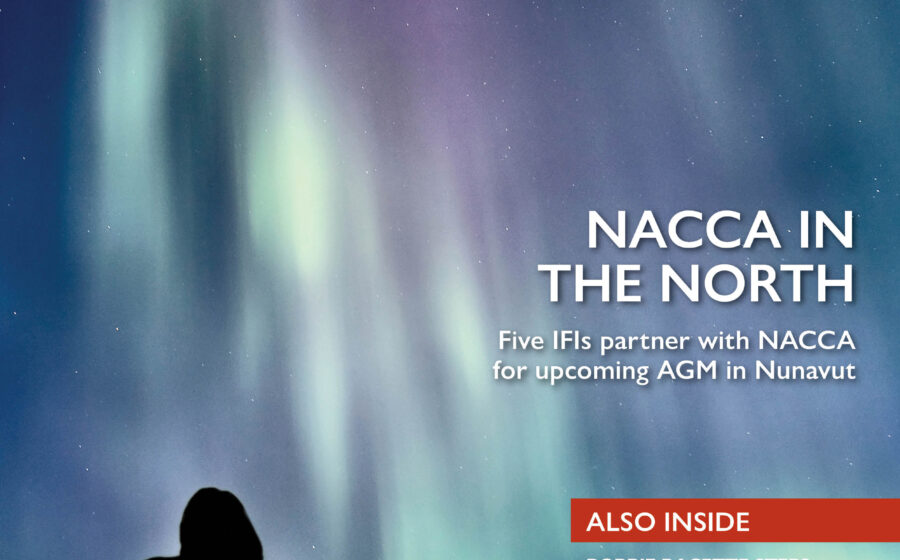
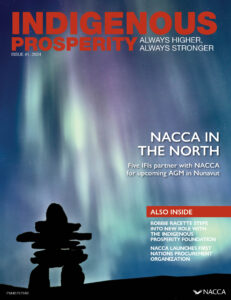
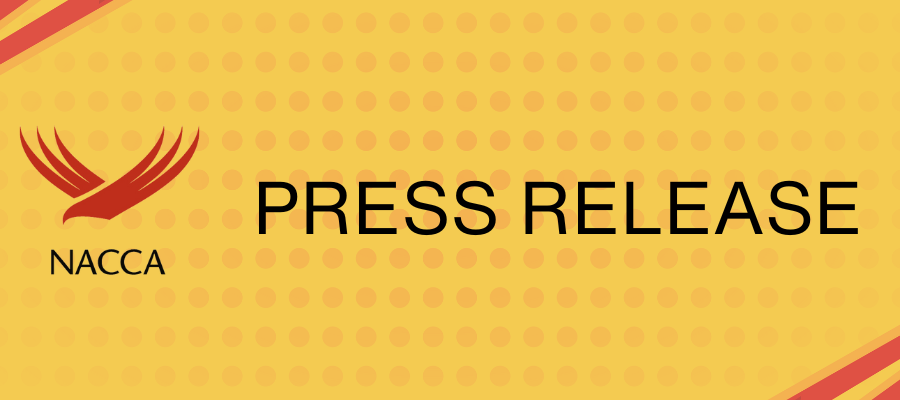
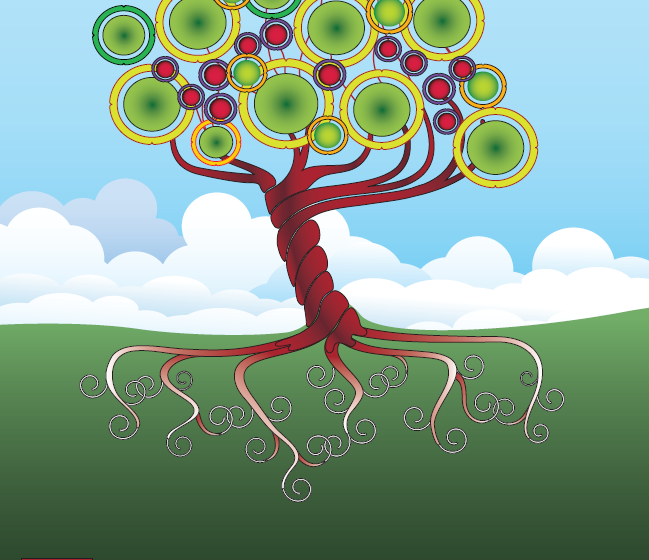
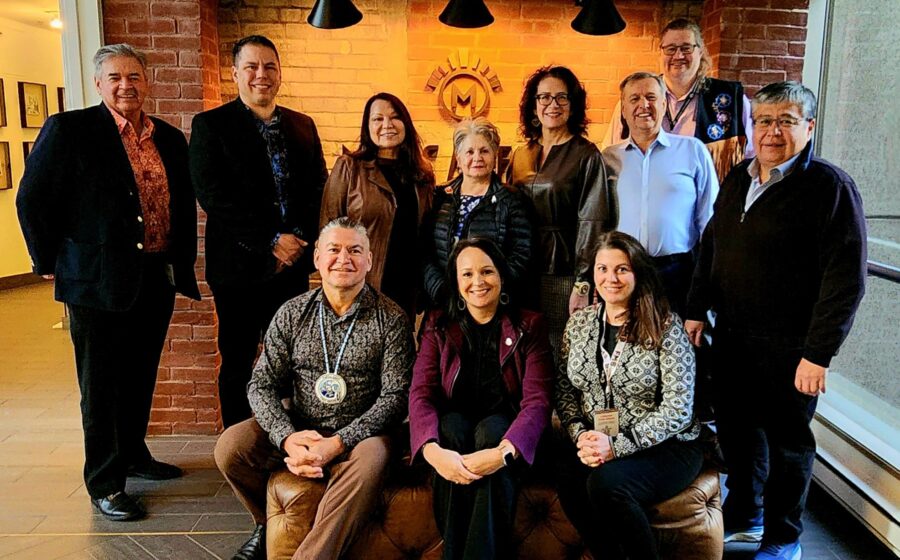

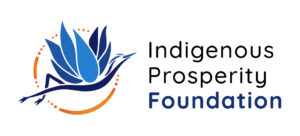
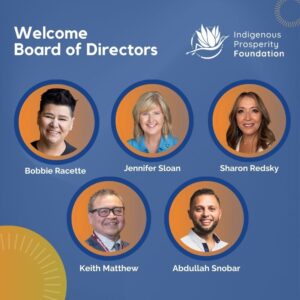 Bobbie Racette: As the inaugural Chair of IPF’s Board of Directors, Bobbie Racette brings visionary leadership and extensive entrepreneurial experience. Her role as the Founder and CEO of
Bobbie Racette: As the inaugural Chair of IPF’s Board of Directors, Bobbie Racette brings visionary leadership and extensive entrepreneurial experience. Her role as the Founder and CEO of 